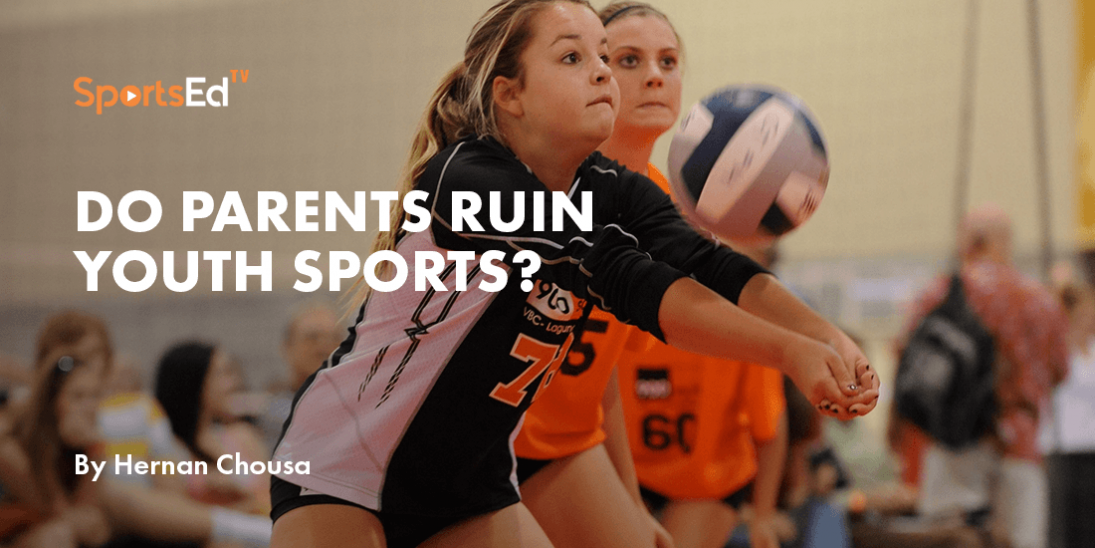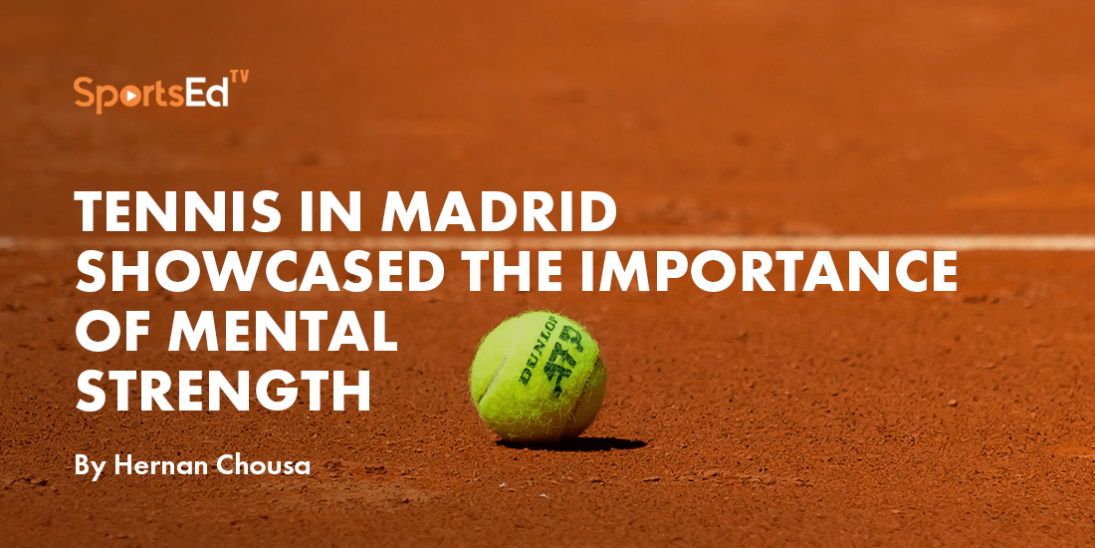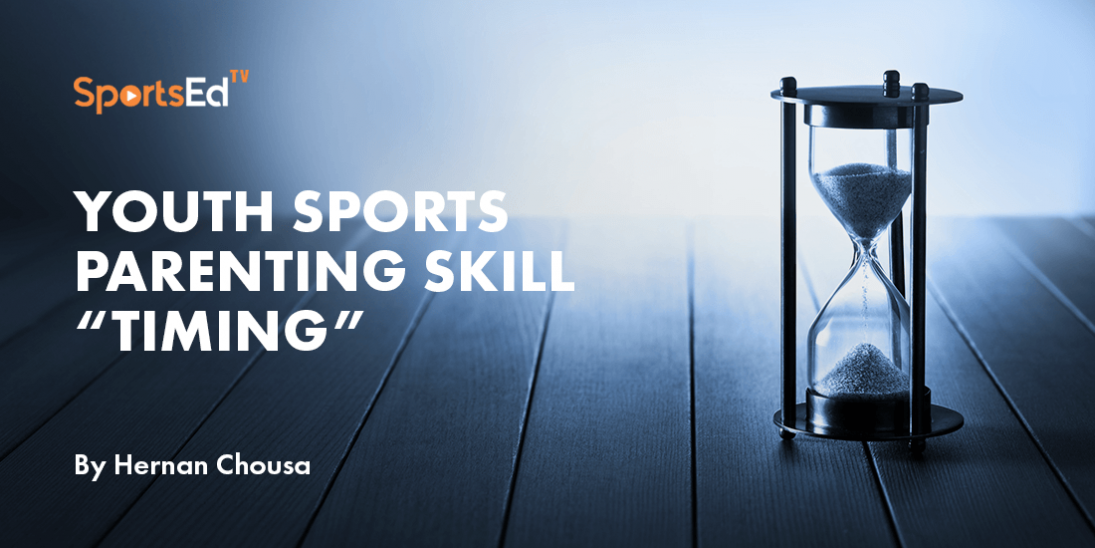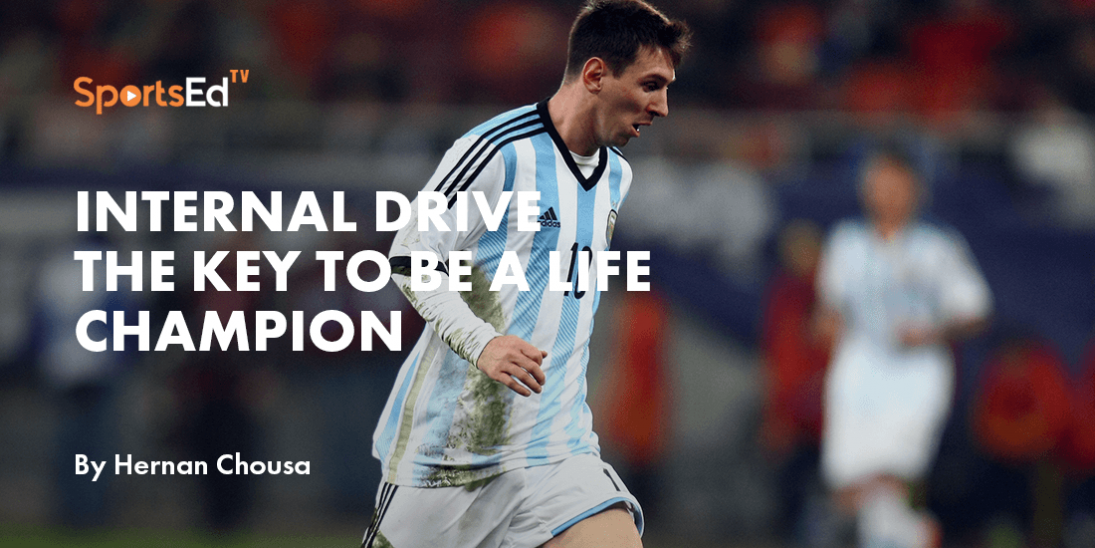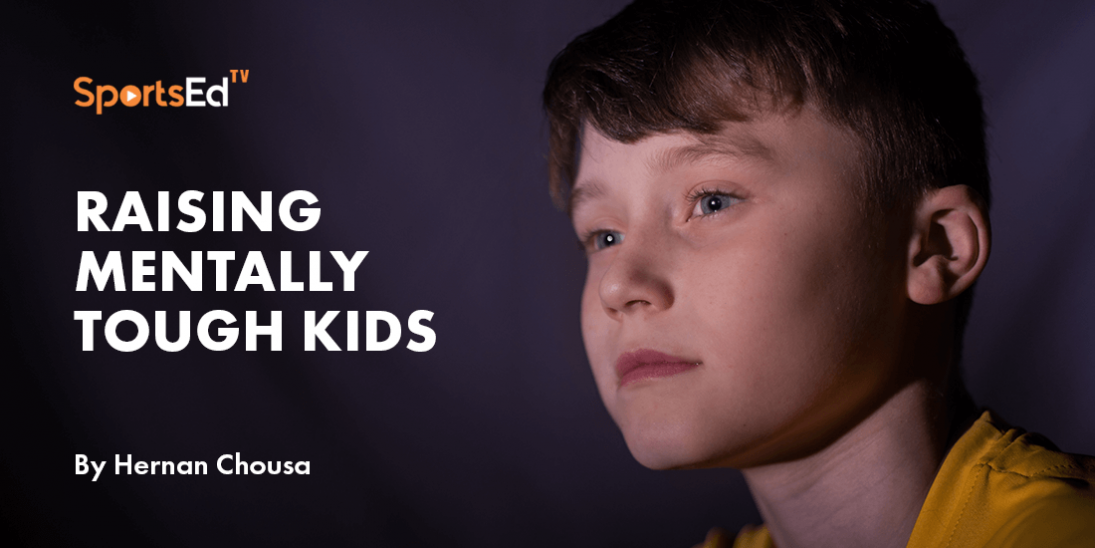Sports Parenting, Tennis
Welcome and thanks for visiting...

Parents to Champions. Interview with Alejandro Cerundolo
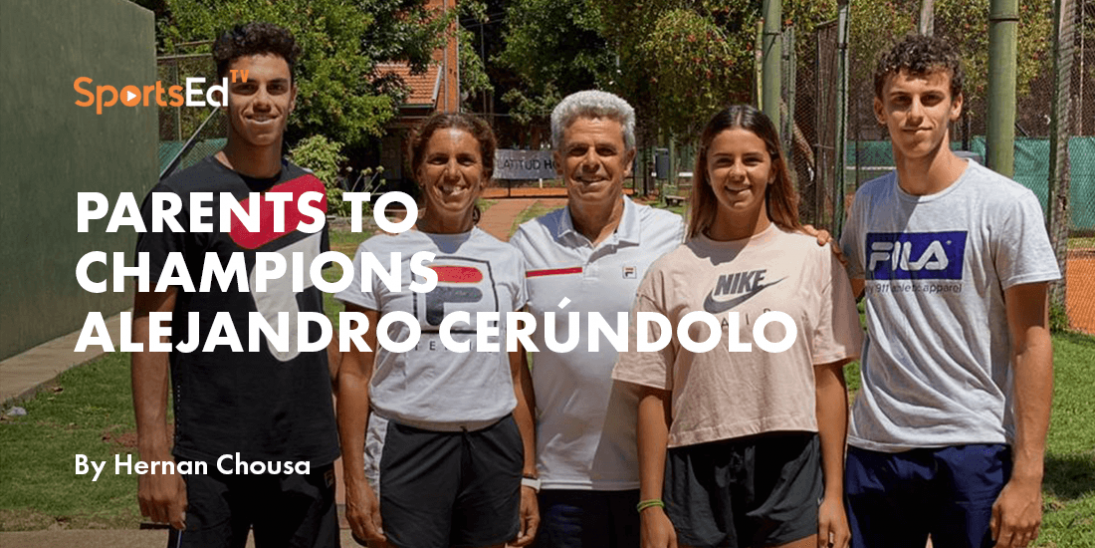
We can learn from our own experiences and other people's experiences. Today we have a golden nugget; we interviewed Juan Manuel and Francisco Cerundolo's father. Alejandro is a former tennis player who coached several players like Mercedes Paz and Jose Acasusso, a former Fed Cup captain, and ran his tennis academy for over forty years. He is the perfect blend: player, coach &; parent all in one. He distilled wisdom in every concept.
.png)
You are the father of two of Argentina's best young guns, and you think very proud of them. First, I want to dig into your coaching/learning method.
What are the four pillars you consider when developing a player?
The first pillar is the calendar, the primary confidence tool. It's a means to an end. Let me know your ranking goal, and the calendar strategy is key to achieving it. If you see the tour, the big points are for champions, runners-ups, and semifinalists, and to reach such a stage, you have to win four or five matches in a row. A player needs to train such resilience and play tournaments where he or she can win several matches in a row.
Second, the well-known triangle of player-coach and parent is well-balanced. And having almost forty years of experience, I want a present father instead of an absent one. I know pushy parents can be harmful, and I dealt with plenty of them, but if we discuss developing a champion, my position is for a present one.
Third is grinding through time. There is a period between ages 14 and 20, a turbulent one. It's like a bit tunnel. I like this way of explaining because the player is in the middle of it or not knowing exactly where he or she is, and they can't see the light at the end. Everyone gets uncomfortable, and the key here is patience, trusting the process, keeping grinding, and having confidence things will show up sooner or later.
The fourth pillar is a quarterly check-up. It's like a business where you check metrics throw five lenses: Specific, Measurable, Agreement, Realistic, and Time. We have to review and adjust, review, and adjust.
As you have two successful sons on tour, I imagine parents leaving their kids at your Academy to make the dream come true. What is your first approach to them?
What things do they have to have clear from the very beginning?
We have two different experiences with our sons. I mean we because Maria Luz, my wife, is a psychologist and one of our family pillars. Even though both kids started playing when Juan Manuel, the younger, was gifted from the very beginning, he liked to compete and was obsessed with his technique while young. I remember once, when he was ten, he started playing slice backhand, and when I asked him what he was doing, he said, " I am developing a new stroke." His path was a champion one. He was leading the rankings in all categories, playing U12, U14, and U16 at the same time. Orange Bowl winner in U12. The youngest Argentinian player to win an ATP played in the Next-gen tournament.
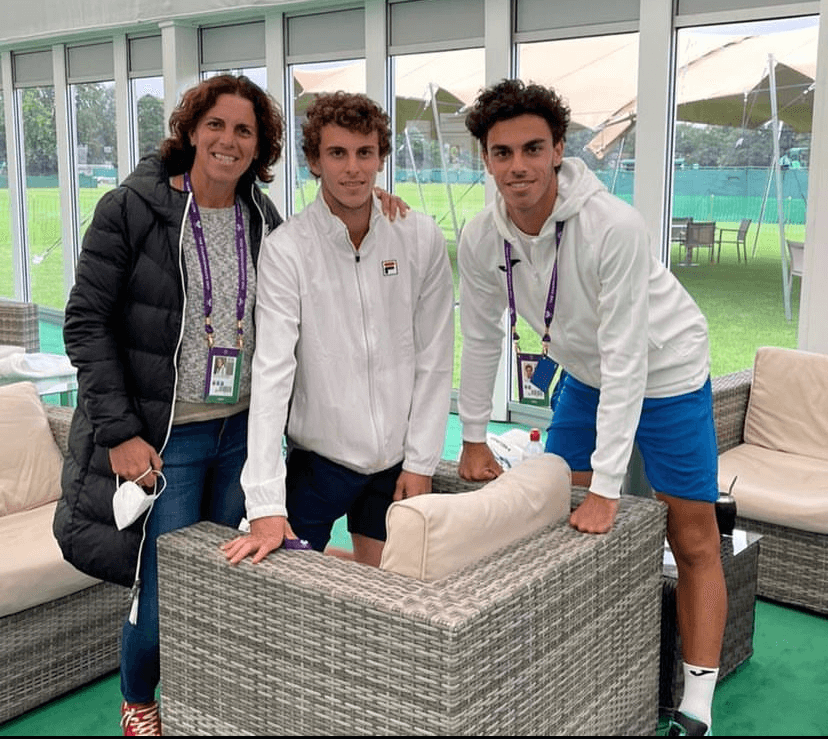
He pulled us from the beginning, which was a challenge because it's both: money and time. Anyway, he always knew he would be a tennis player, and we had on the radar all the best in the world his age. He has his metrics against Sinners, Alcaraz, etc.
Now, Francisco was different. He competed but was less successful than Juan Manuel, and even though he was good, he didn't excel like his brother. The pro path wasn't an option for him until one moment. He had six months of college experience, and something clicked. He returned to Argentina to start competing in a pro career. Even though he is continuing his undergraduate studies in economics here in Argentina, he has other interests besides tennis.
How do you coach them nowadays? And what are your thoughts about a parent coaching a son or daughter who is on tour?
Can you share your path to developing your kid's tennis?
I have already shared plenty about Juan Manuel's experience. About Fran, I did something many coaches would rather avoid doing because it's hard to explain to parents, or they think their son or daughter is good enough to go to bigger tournaments. Fran played everything, and everything means all: Junior cups, interclub always, underrated tournaments in all youth stages, money tournaments, and future qualifying.
When a college student gets his first job at a big company, they start from scratch. He did the same, and he had to win a lower tournament to access the better one. I see many coaches make their players compete in higher categories and not win a match for months because they are playing "top tournaments." No way. Tennis is hard, and players have to grind. At least, this is the way I see it.
Nowadays, my two kids have their own teams. You can't imagine how fast they grow: coaches, trainers, doctors, because of all doping restrictions, you have to be careful what you take in case of sickness or any sore, physiotherapists, and many other professionals because this is a company like any other.
In this structure, I am the CEO; we share the position with Maria Luz, a former tennis player; we can watch a five-hour match without hesitation. We share some tennis thoughts with our son's coaches; they value our knowledge, and the difference is in the details.
You coach several players on their path to the top 100. Describe, according to your thinking, the ideal parent.
What are your thoughts about a parent coaching a son or daughter who is on tour?
I like interested parents when discussing building a player or a champion. I don't mean pushy, but interested in the process. Then I can explain what we are doing and where we are going, and trusting here is vital. It happened to me. I started with a player, ATP #800, and after six months of working, I reached #250. Excitement, stress, and pressure come up from the parent's side, and we are still in the tunnel. So, trusting the process is essential, and communication is one of the fundamentals here.
Nowadays, there is a tendency for parents to coach their kids. I agree with this position; I am not against it like many others. Behind every champion, you have a father, mother, or someone who is leading or is successful. Murray, Williams’ sisters, Agassi, Zverev. There must be some agreement because things can get out of control quickly.
I know you are a statistics big fan, always searching for trends.
Can you give me an overview of today's tennis circuit and where it is going?
Big data is a huge advantage right now and is accessible not only to the top players. Knowing the stats about where Rafa serves in the deuce under pressure is an asset, and you can make better decisions. There are also some musts. Today, the top twenty serve at 200 km/hour. You must arrive at such a metric if you want to be there. I remember a course I did more than thirty years ago by Dennis Van Der Meer, who said, " If you serve below 180, you can't win a hard-court tournament".
Also, players' bodies are taken to the extreme, nano improvements in food, supplements, and recovery therapies. It is essential to detect changes. Awareness is critical, and things go extremely fast. You can make a big difference if you can perceive the subtle changes.
Today you find 42 years old players in the circuit; you can make a living in tennis. Doubles games are an end goal for many and are very attractive to watch.
The other shift is about tennis academies. Players compete more weeks a year than before; Novak isn't the case because he is on another level. Academies now are like Formula 1 pit boxes; fix a couple of things, and you are ready to roll again. Things go too fast nowadays, and plenty of money is on the table.
Finally, if you have to give a piece of advice to a player between ages eighteen and twenty, the age where doubts and fears emerge.
What is your best advice to them?
Not to jump over stages; there is no shortcut in tennis, as I explained about Francisco's path earlier. Nobody betted on him, and he is making a fantastic career. Trust the process, go for those four or five wins in a tournament, raise the trophy, build confidence, and don't panic in the middle of the tunnel.
I want to share a story about Juan Manuel and the matches you need in a row. He achieved a record twice. When he won the Cordoba ATP in 2021, he started in the qualification and played eight matches. When he won the Orange Bowl in under 12, he also began in the qualification and played seven matches, the same as when he won his first future at Tunez. All my family was there in Miami, and I stayed in Argentina to run the Academy. We had a conversation the night before the final. I told him, "If you lose tomorrow, nobody will remember you, but if you win, your name will be written in stone, and you will see it every time you go to Miami. So tomorrow, I don't know how. You have to win." And he did so.
My main advice is to develop a player in such a 'state of being' where he or she can be comfortable while playing several matches in a row. You will present yourself as a big problem for all the rest. Champions win even when playing badly, and when they are at their best, they kill you.
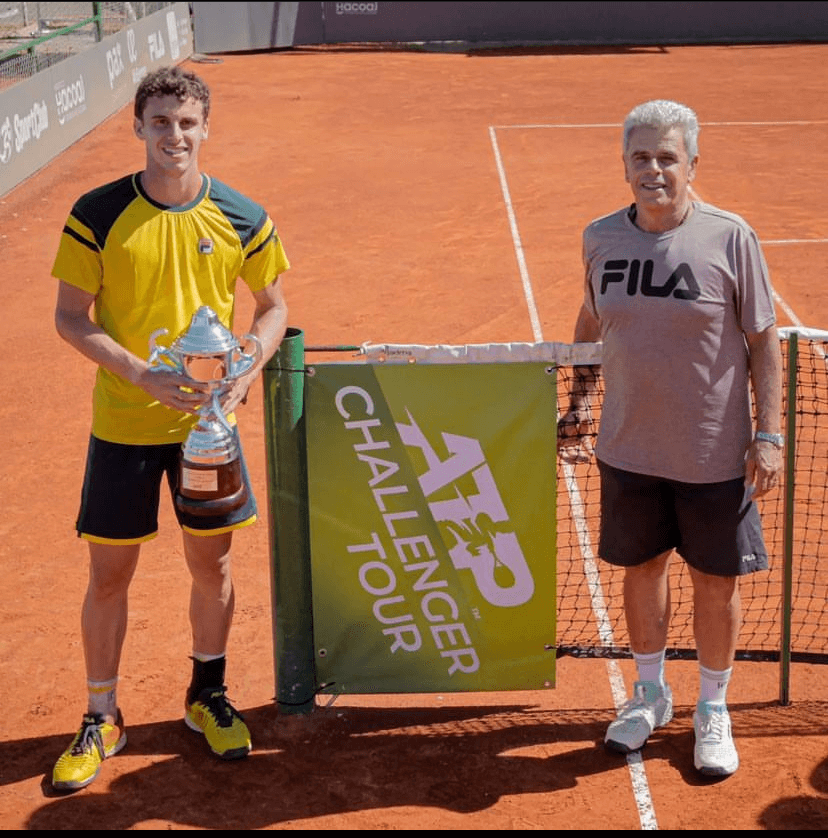
Thanks, Alejandro, for this fantastic conversation sharing your knowledge, and I wish you all the best in your journey.



